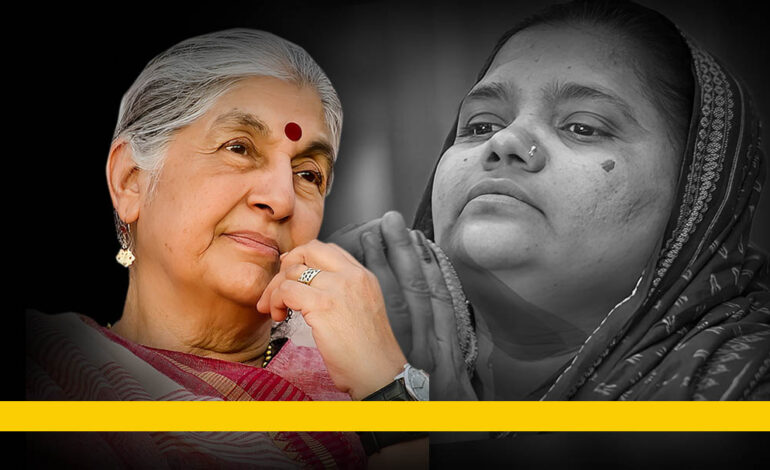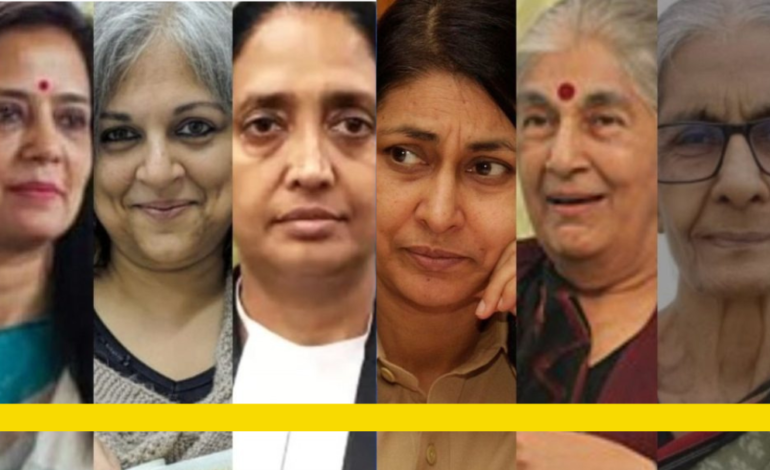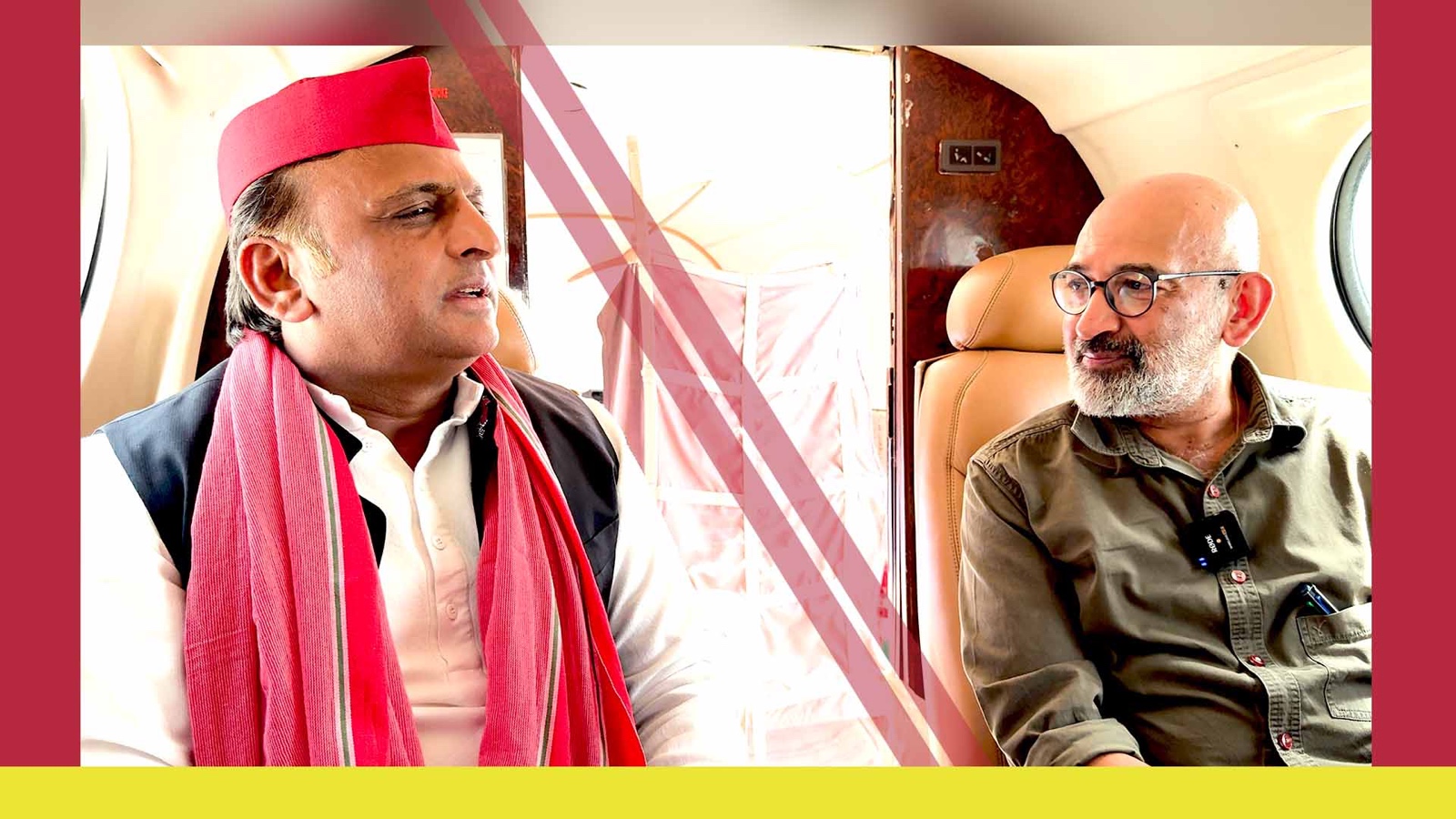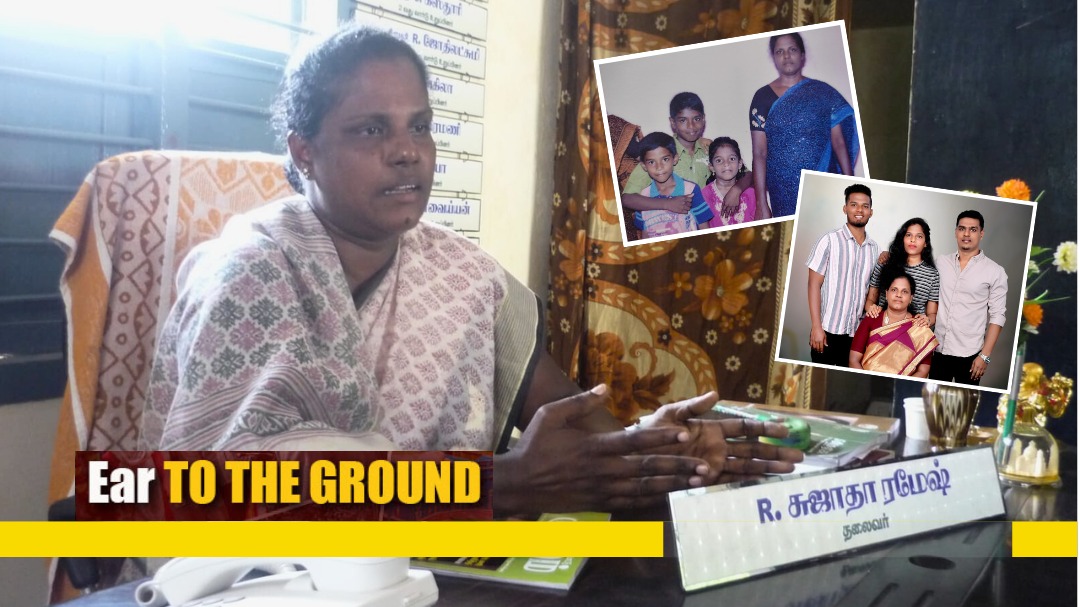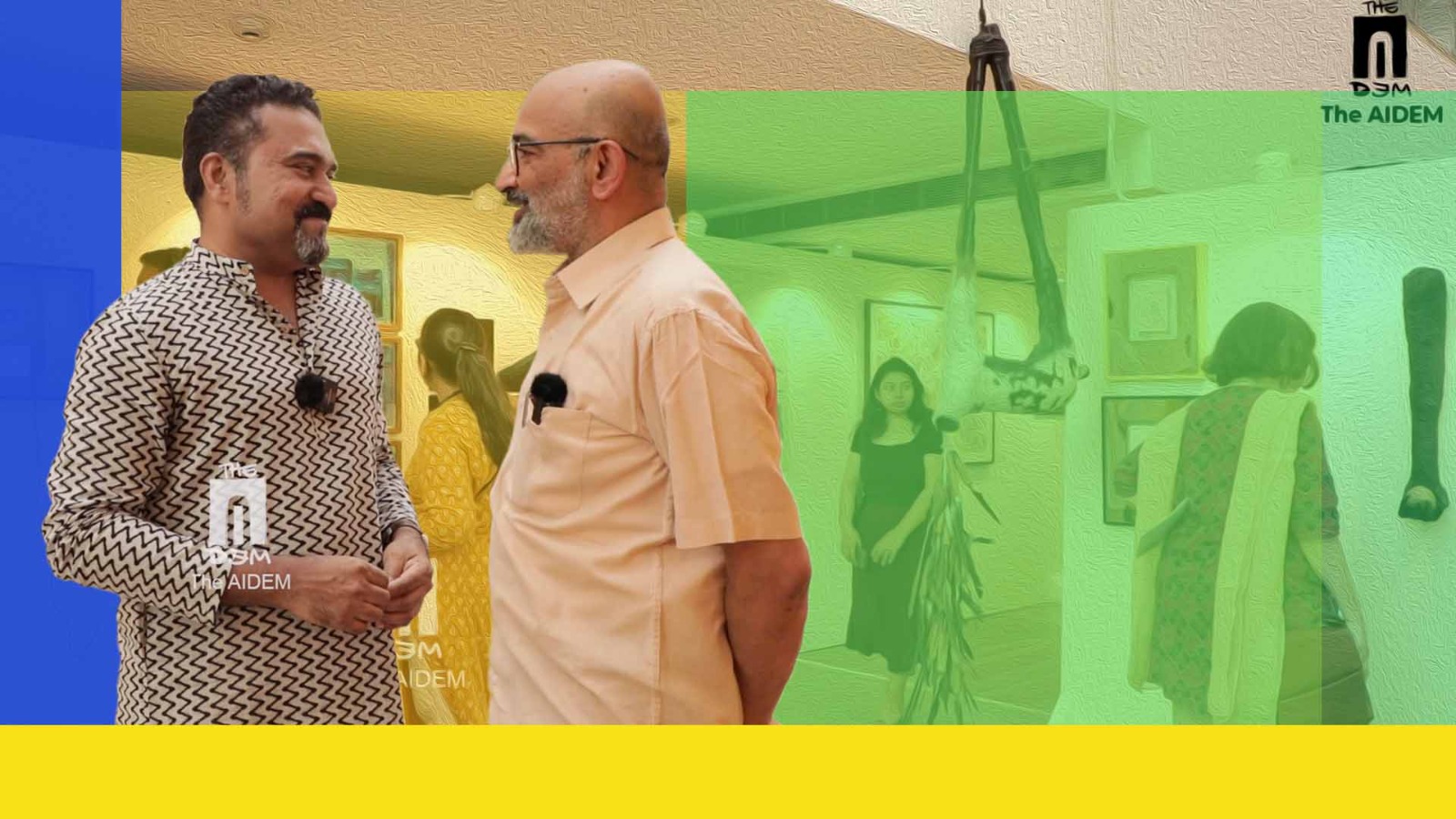Ustad Rashid Khan: Living Life Large

The eminent Hindustani (North Indian Classical) vocalist, Ustad Rashid Khan, passed away yesterday at the very young age of 55. He was suffering from prostate cancer and died of complications. His death is yet another reminder of the specter of cancer that hangs over all of us.
Indeed, cancer is, as Dr. Siddhartha Mukherjee put it, the emperor of all maladies. We don’t know enough to know how to prevent it, and any of us can be cruelly struck down by it at any time. Maybe such illnesses are needed to keep us humble. For, death is the only certainty in life, and none can tell when they will have to go.
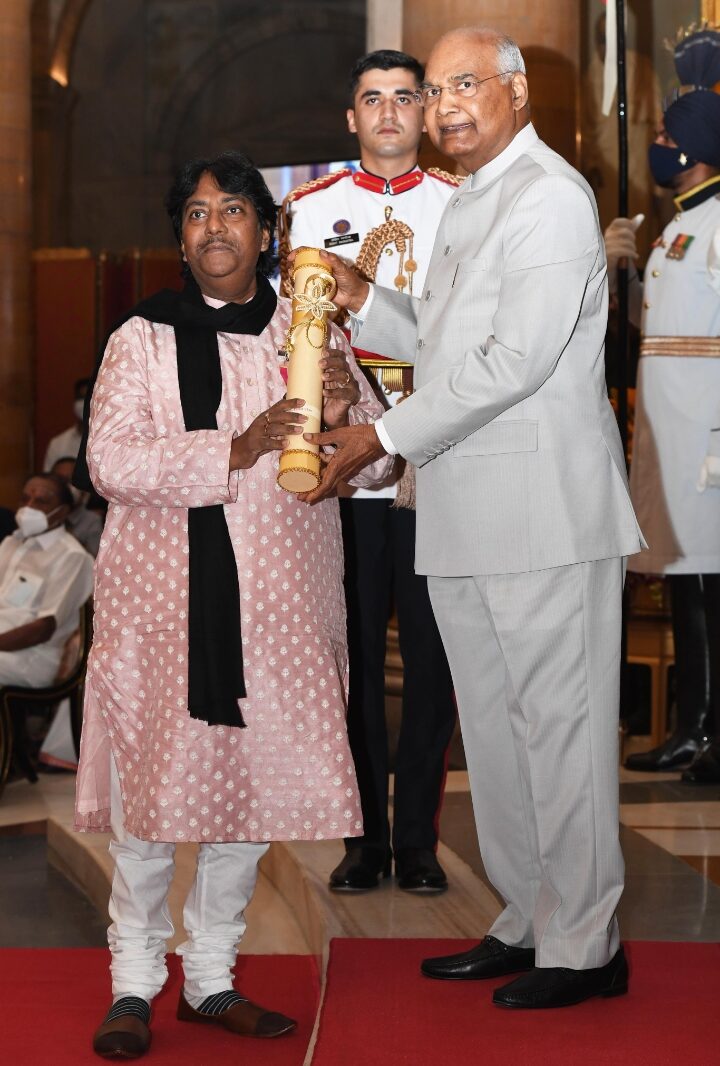
As the immortal line in the Hindi movie “Anand” goes, “Babu Moshai, zindagi aur maut upar waale ke haath hai, Jahanpanah! Usey na toh aap badal sakte hai na main! Hum sab to rangmanch ki kathputliyan hai Jinki dor upar waale ki ungliyon mein bandhi hai Kab, kaun, kaise uthega, ye koi nahin bata sakta hai.”!
(Babu Moshai, Life and death are in the hands of God, the one above us. You cannot change it, nor can I. We are all puppets in the show, which are controlled by the fingers of the one above.)
Nothing illustrates the truth of this statement than the suddenness with which cancer takes away people. But there is another line in the same movie that is also immortal: “Zindagi badi honi chahiye, lambi nahin.” Meaning, “Life should be large, not long.” And by this standard, Rashid Khan certainly lived large, though he may not have lived long.
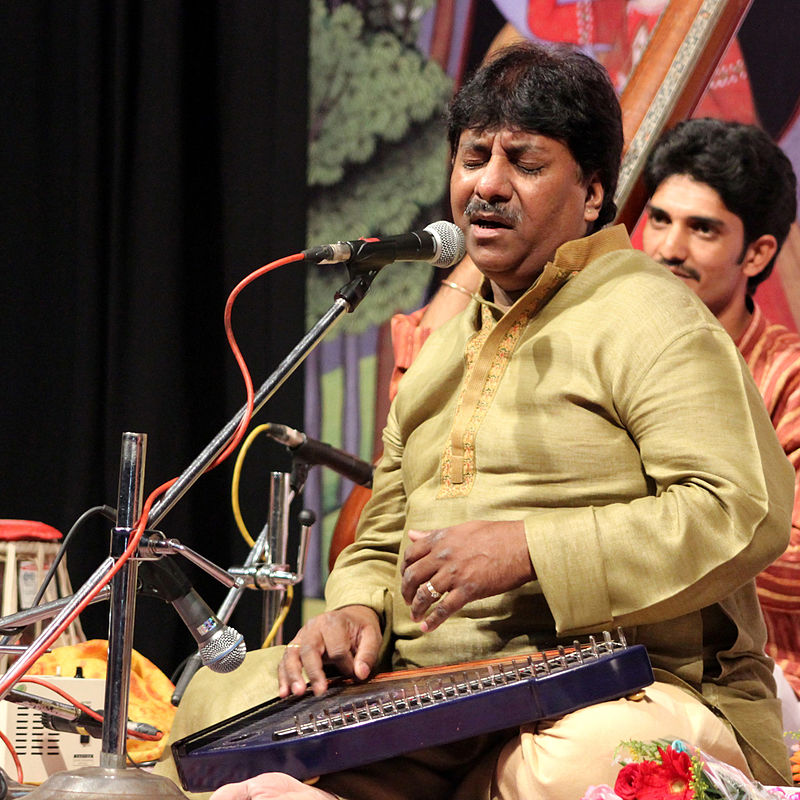
My first exposure to the Ustad was in 1993, when I heard a recording of his, of rag Yaman, on the India Archive Music label. He was just 24 at the time, and not yet an Ustad, and the recording was released a couple of years earlier, in 1991. I was simply blown away by his tayyari. Even though I have not heard that recording in years, I can never forget it, especially the drut cheez, which is etched in my mind – “Aao aao aao balma.” The tayyari on display was amazing.
Ustad Rashid Khan was the flag bearer of the Rampur-Sahaswan gharana (school) of Hindustani vocal music, having learned from his uncle, Ustad Ghulam Mustafa Khan, and from his grand-uncle, the Khalifa (head) of the gharana, Ustad Nissar Hussain Khan. With this kind of musical pedigree, and his inborn incredible talent, Rashid Khan quickly rose to become one of the foremost contemporary singers of Hindustani classical music.

The great doyen of Hindustani vocal music, arguably the greatest vocalist of our times, the late Pandit Bhimsen Joshi, after listening to one of Rashid Khan’s inspired performances, said that the future of Hindustani music was safe in Rashid Khan’s hands. The comparisons to Bhimsen Joshi must certainly have inspired Rashid Khan. One just had to hear his absolutely brilliant rendition of the famous drut khayal in rag Multani, “nainan mein aan ban, kaunsi pari re,” and compare with with the definitive rendition by the great Bhimsen. It is an incandescent performance and tells you why Rashid Khan will be remembered as an all-time great.
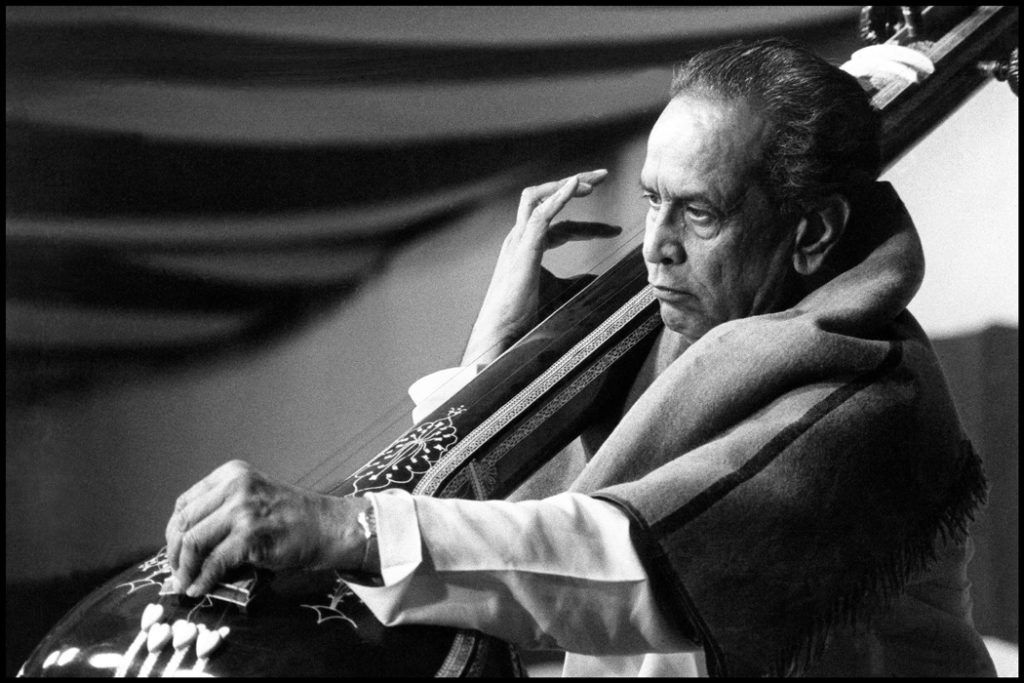
Rashid Khan excelled not only in the serious performance of Hindustani vocal, in the form known as khayal, but also in the light classical form known as Thumri. As with any performance of Rashid Khan, once you hear something by him, you never forget it. Such was the case with a thumri I heard decades ago, but still remember, in rag Kirwani, “Tore bina nahin chain, Brij ke nandlala.” The emotion he brings to the line “paiyyaan padhoon, binati karoon, daar gale maala” has to be heard to be believed.
Sadly, the Ustad is gone, but he leaves behind his son, Armaan Rashid Khan, who is himself a fine young musician. I recently had the opportunity to listen to him as I was preparing for a performance of rag puriya dhanashree, and listened to a fine rendition of “payaliya jhankar,” after listening to the same cheez, sung by his father. The tradition will live on.
To receive updates on detailed analysis and in-depth interviews from The AIDEM, join our WhatsApp group. Click Here. To subscribe to us on YouTube, Click Here.


